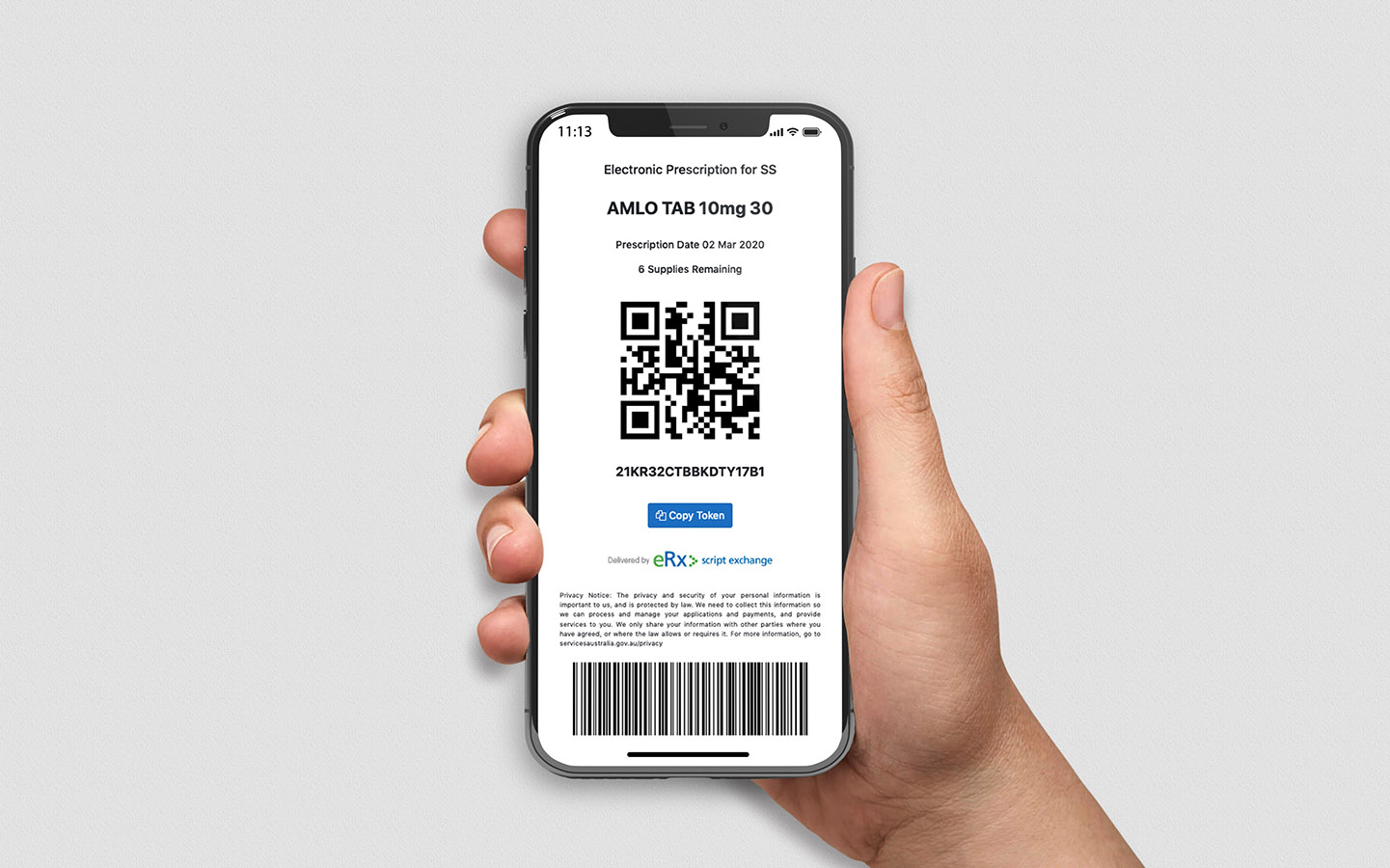Gemechis Melkamu, an executive officer at Ethiopia’s Ministry of Health, noted that unique identification is a crucial aspect in the implementation of the country’s digital health blueprint. He adds that digital ID is important because it facilitates access to health services, enhances inclusion, aids decision-making, security and trust, and instant verification and enables remote access to digital health services.
Ethiopia, according to Melkamu, has been using manual ID processes for patient identification and records management over the years, but the country is now in the pilot phase of implementing a biometric digital health information system (eCHIS) which already has about 25 million people subscribed to it. They are also working on a health card, he says, which will be used to manage patient information portability and mobility.
With digital ID, he believes patient tracking, health record management, system integration and care coordination will be significantly improved as outlined in the 2021-2030 digital health blueprint of the country.
Beyond patient identification, Melkamu mentions that digital ID can also be important for other health aspects such as AI-based diagnosis, telemedicine, mobile health (mHealth), data analytics, and easy contact with healthcare providers across different locations.
Melkamu also explains how integrating digital ID with a community health insurance scheme (CBHI) is likely to help solve some of the problems Ethiopians currently face.
He adds that they are working to make sure that the healthcare and other sectors are integrated with the Ethiopia national digital ID, Fayda, which is currently being rolled out.
The other speaker in this segment Wayne Naidoo, from Jembi, an African non-profit supporting health systems, shared the organization’s experience in patient identity management. He said patient identification is an integral part of healthcare and monitoring, and there “can be no continuation of care without accurate and accessible patient identification.”
Naidoo also underlined the importance of a Master Patient Index (MPI) which performs patient matching (identifying and linking patient data across various health systems) and stores the links between patients and all their associated records in a centralized database for querying.
He mentions Jembi’s MPI pilots in Kenya and Sri Lanka where they are using patient matching to ensure a data driven continuity of healthcare.



